Climate Discussion Speakers
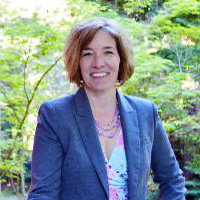
Heather Bullock
An acting Dean and Professor of Psychology Heather Bullock's research focuses on social psychological dimensions of economic (in)justice. She is interested in how members of different socioeconomic groups understand and justify poverty and wealth, as well as their own relative status. Much of her work in this area examines how classist stereotypes and attributions for poverty influence support for various welfare and anti-poverty policies.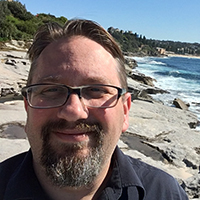
Matthew Huber
Matthew Huber is a professor in the Earth, Atmospheric, and Planetary Sciences Department at Purdue University and the inaugural Director of the Institute for a Sustainable Future (ISF). Professor Huber’s scholarship has been internationally recognized for its far-reaching global conclusions on Earth’s habitability, resilience, and sustainability on long time horizons. His research areas include the physical processes generating tropical “thermostats”, the polar amplification of warming, and the environmental, economic, ecological, and evolutionary implications of these processes.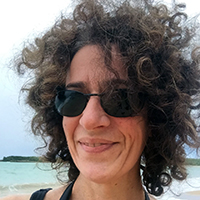
Julie Livingston
Julie Livingston is Silver Professor of Social and Cultural Analysis and of History at New York University. She is interested in the body as a moral condition and mode of experience, taxonomies and the relations that challenge them, African thought and political and moral imagination; relations between species, the public health consequences of capitalism and economic growth; and financial debt.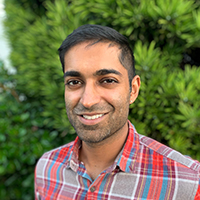
Bharat Jayram Venkat
Bharat Jayram Venkat is an assistant professor at UCLA’s Institute for Society and Genetics with joint appointments in the Departments of History and Anthropology. His first book, At the Limits of Cure (Duke University Press, 2021), was the winner of the Joseph W. Elder Prize in the Indian Social Sciences. His current work focuses on the experience of thermal inequality in contemporary India and the United States, as well as the history of studying heat and its effects over the long twentieth century. This research has been funded by the George A. and Eliza Gardner Howard Foundation Fellowship, the UC President’s Faculty Research Fellowship in the Humanities, and the National Science Foundation’s CAREER Award. Dr. Venkat is also the director of the UCLA Heat Lab.
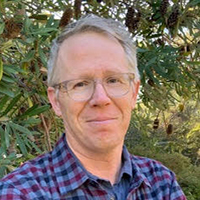
Andrew Mathews
Andrew Mathews is a Professor of Anthropology at UC Santa Cruz. His research focuses on the culture of environmental institutions and the links between local communities and national and global levels of power and knowledge. His first book, "Instituting Nature: Authority, Expertise and Power in Mexican Forests, 1926-2001 looked at conservation and Indigenous forest management in Mexico. His second book, "Trees Are Shape Shifters: How Cultivation, Climate Change, and Disaster Create Landscapes", studied the historical ecology, natural history, and climate politics of Italian forests and explores how climate change is experienced and acted upon in a landscape that is transformed humans.
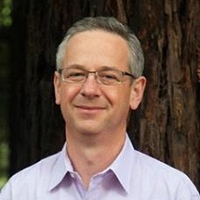
Paul Koch
Paul Koch is distinguished professor of earth & planetary sciences and dean of the UC Santa Cruz Division of Physical & Biological Sciences. He is internationally known as an innovator in the use of chemistry as a forensic tool to determine the diets, habitats, and physiological states of individual fossil or living animals. His recent work has focused on gleaning information that is useful for conservation efforts from the fossilized remains of living species, including California condors, the lemurs of Madagascar, the seals and sea lions of the Pacific Ocean and Antarctica, coyotes, sperm whales, and sharks.
